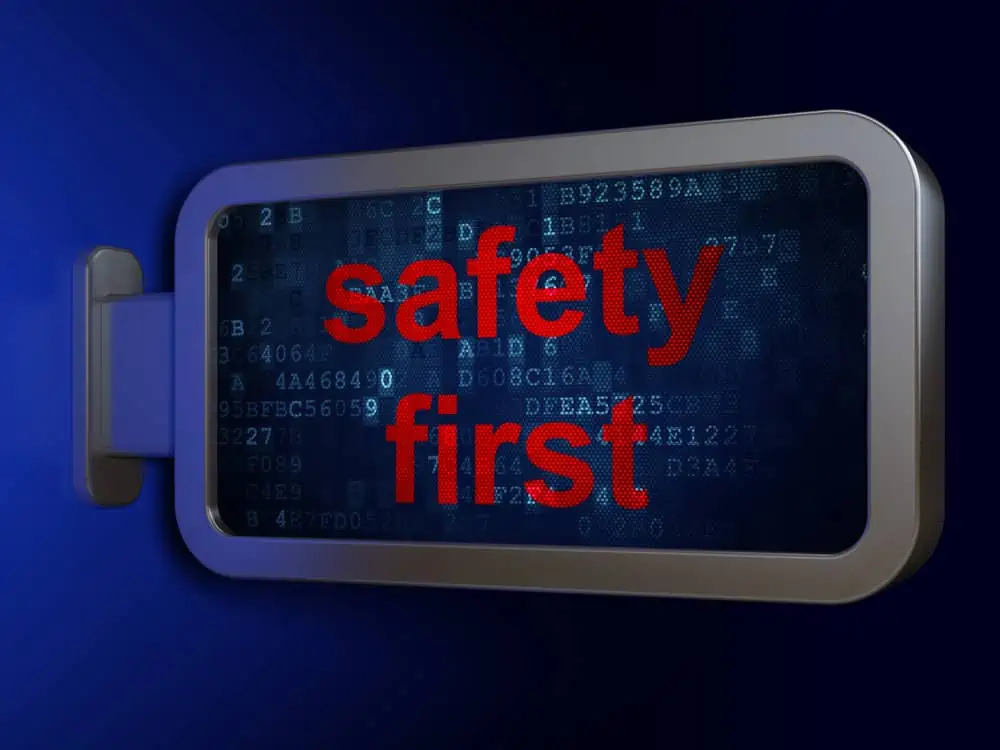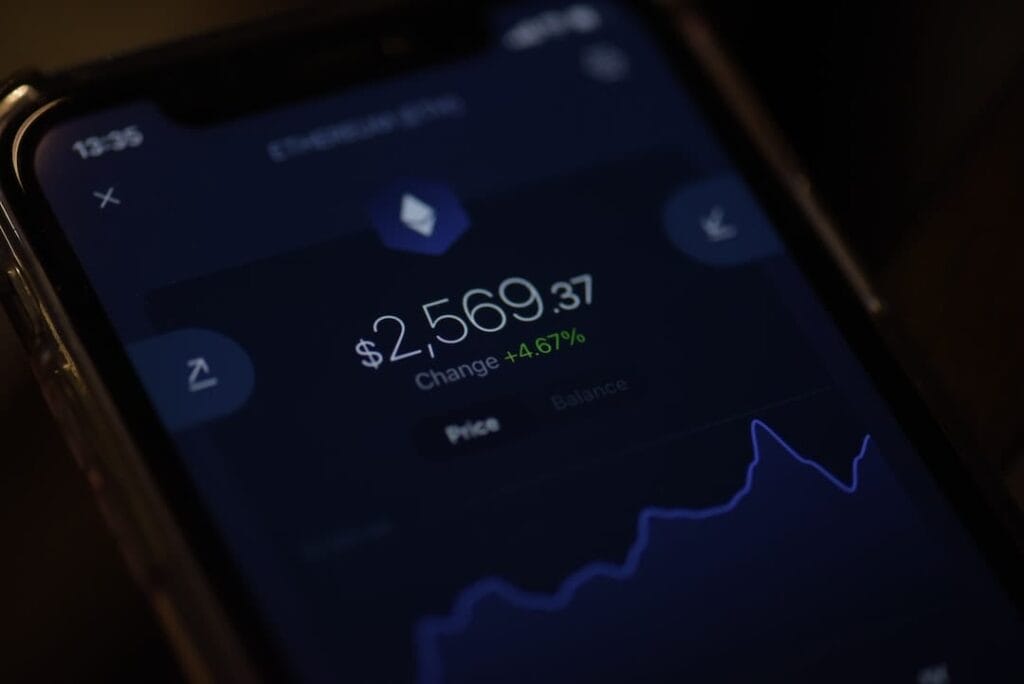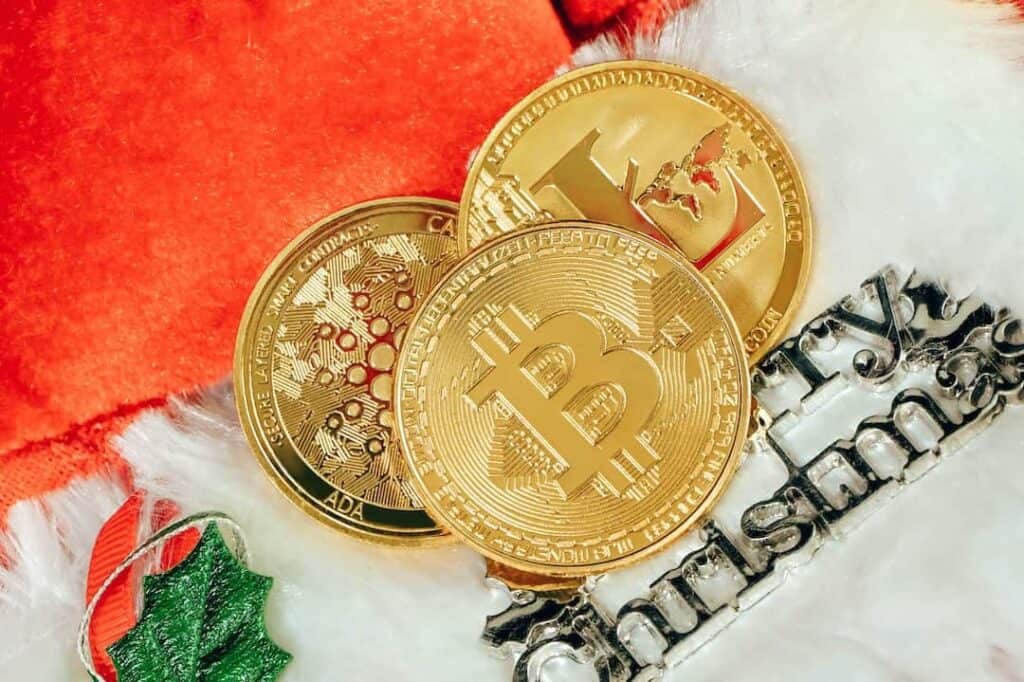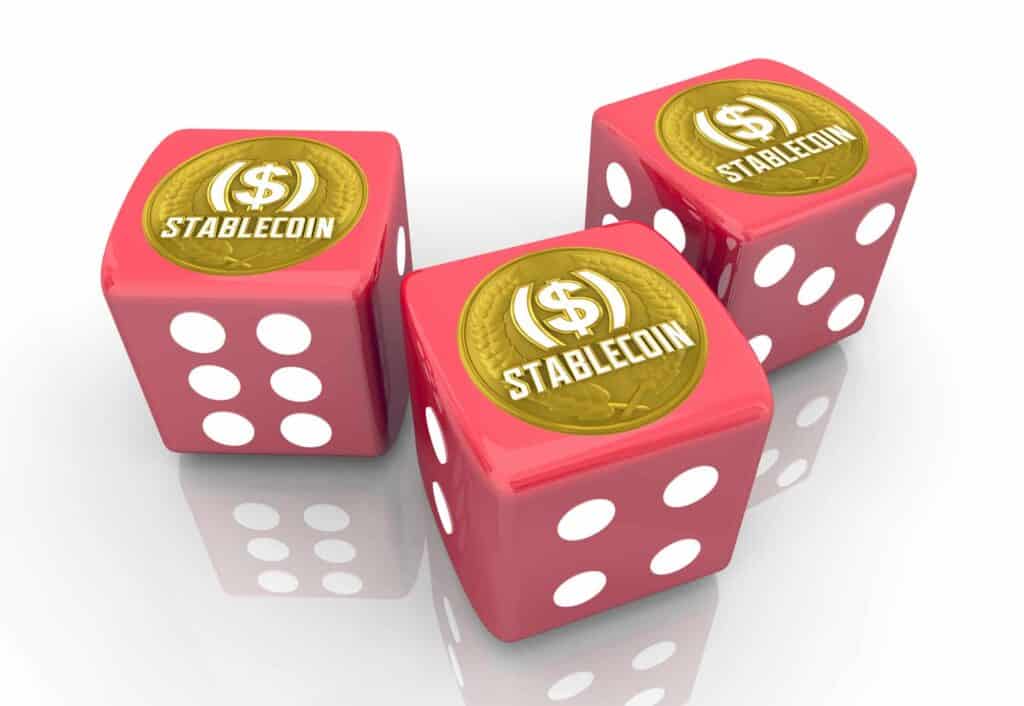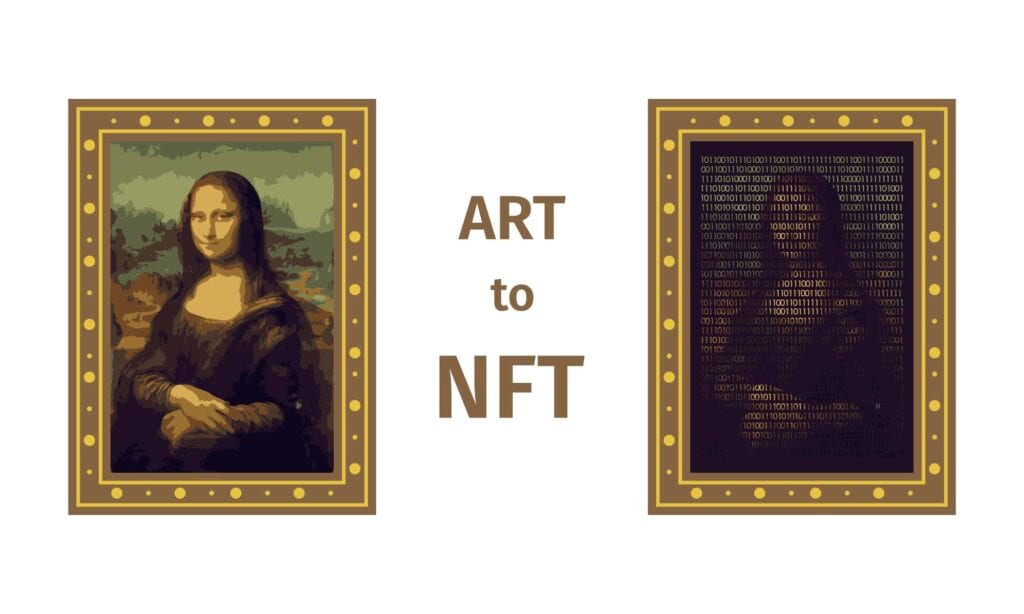The world of decentralized finance, or DeFi, has been rapidly gaining attention in the crypto space as a revolutionary alternative to the traditional centralized financial system. It is an attractive way for many to explore and earn passive income. However, with the increasing popularity of DeFi comes the potential for scams and risks that investors and users need to be aware of. In this article, we will explore the essential measures to stay safe in DeFi, including understanding DeFi protocols, protecting assets, recognizing common scams, ensuring secure transactions, and the future trends in DeFi security.
Disclaimer: This information is general in nature and for informational purposes only. It is not personal financial advice and has not taken into account your personal financial position or objectives. Make sure to refer to a licensed financial or tax advisor.
Table of Contents
What is DeFi and How Does it Work?
Understanding DeFi Protocols and Decentralized Finance
Decentralized finance, often referred to as DeFi, encompasses a range of financial services and systems built on blockchain technology. Unlike traditional financial institutions, DeFi operates in a peer-to-peer manner, allowing users to interact directly with one another without the need for intermediaries. This decentralized nature offers greater accessibility and inclusivity in the financial space, enabling individuals to access various financial products and services.
How to Safely Use DeFi Tokens
As DeFi applications continue to grow, users are often exposed to an array of tokens associated with different protocols and platforms. It is crucial to exercise caution when utilizing DeFi tokens and ensure that they come from reputable sources. Additionally, conducting thorough research and due diligence on the token and the underlying project can minimize the risk of falling victim to potential scams.
Identifying Red Flags in DeFi Scams
Scammers frequently target the DeFi space, preying on unsuspecting investors with promises of high returns or investment opportunities that seem too good to be true. It is essential for users to be vigilant and watch out for red flags such as unverified projects, unrealistic promises, and suspicious token sales. Being aware of these warning signs can help avoid falling victim to fraudulent schemes.
Protecting Your Assets in DeFi
Selecting a Secure DeFi Wallet
One of the fundamental steps to safeguarding crypto assets in the DeFi space is to choose a secure wallet. A reputable DeFi wallet should offer robust security features, including multi-factor authentication, encryption, and private key management. By selecting a reliable wallet, users can significantly reduce the risk of unauthorized access and potential loss of funds.
Best Practices to Stay Safe in DeFi
When engaging in DeFi lending or borrowing activities, it is essential to adhere to best practices that promote safety and security. This includes regularly updating software, using hardware wallets for storing significant amounts of cryptocurrency, and being cautious of phishing attempts and malicious smart contracts that aim to compromise funds and personal information.
Utilizing Smart Contracts to Minimize Risks
Smart contracts play a pivotal role in DeFi by automating the execution of agreements and transactions without the need for intermediaries. They can be utilized to establish specific terms for lending, borrowing, or providing liquidity in DeFi protocols, thereby reducing the inherent risks associated with manual proceedings. However, it is crucial to thoroughly review and understand the smart contract code to mitigate potential vulnerabilities and security exploits.
Common DeFi Scams and How to Avoid Them
Recognizing the Signs of a DeFi Scam
Various types of scams have emerged within the DeFi space, including fraudulent token sales, fake investment platforms, and Ponzi schemes that promise unrealistically high returns. By staying informed and actively researching projects, users can become better equipped to identify and steer clear of potentially malicious schemes.
Steps to Avoid Falling Victim to Rug Pulls
Rug pulls, a prevalent form of scam in DeFi, involve developers of a project pulling liquidity from a token, resulting in substantial losses for investors. To avoid falling victim to rug pulls, it is crucial to scrutinize the project’s transparency, team credentials, and the overall legitimacy of the venture before committing any funds. Additionally, participating in platforms with active and engaged communities can provide an additional layer of security through collective due diligence.
Preventing Phishing Attacks in DeFi
Phishing attacks are pervasive in the crypto space, with scammers attempting to deceive users into revealing sensitive information or sending funds to fraudulent addresses. To counter these threats, it is essential to exercise caution when interacting with links, emails, or messages, verify the authenticity of websites, and never share private keys or seed phrases with anyone. Implementing robust security practices can effectively prevent falling victim to phishing scams.
Ensuring Security in DeFi Transactions
Protecting Your Private Keys and Seed Phrases
Private keys and seed phrases serve as the gateway to accessing and managing crypto assets. Safeguarding these critical components is paramount in ensuring the security of DeFi transactions. Users should store their private keys and seed phrases in secure, offline locations, and refrain from sharing this sensitive information with anyone.
Understanding the Risks of Decentralized Exchanges
Decentralized exchanges (DEXs) allow users to trade crypto assets directly with one another, eliminating the need for intermediaries. While DEXs offer increased privacy and control over funds, they also pose certain risks such as potential vulnerabilities in smart contracts, price manipulation, and limited regulatory oversight. Engaging with reputable and well-audited DEX platforms can mitigate these risks and enhance the overall security of transactions.
Auditing DeFi Platforms Before Investing
Prior to investing in DeFi platforms, conducting a thorough audit of the project’s codebase, security protocols, and the team behind the initiative is critical. Audits conducted by reputable and independent firms can provide valuable insights into the platform’s level of security and help users make informed decisions when allocating funds to different DeFi projects.
What Are Common Scams and Risks to Be Aware of in the World of DeFi Crypto Coins?
When it comes to understanding decentralized finance coins, it’s important to be aware of common scams and risks in the DeFi crypto world. These may include rug pulls, phishing attacks, and smart contract vulnerabilities. Proper research and due diligence can help investors avoid falling victim to these potential pitfalls.
Future Trends and Innovations in DeFi Security
Enhancing Security Measures for DeFi Platforms
As the DeFi space continues to evolve, there is a growing emphasis on enhancing security measures within DeFi platforms. This includes the implementation of advanced security protocols, secure multi-party computation techniques, and the integration of decentralized identity solutions to bolster the overall security and resilience of the DeFi ecosystem.
Impact of Total Value Locked in DeFi on Security
The metric of Total Value Locked (TVL) in DeFi represents the total worth of assets locked within various DeFi protocols. A surge in TVL not only signifies the growing prominence of DeFi but also presents new challenges in terms of security and risk management. Therefore, platforms are increasingly focusing on innovative security solutions to protect the burgeoning value locked in DeFi from potential vulnerabilities and hacks.
Regulatory Efforts to Improve Safety in DeFi Ecosystem
Regulatory bodies are taking proactive measures to address the security concerns within the DeFi ecosystem. Efforts to establish clear guidelines, frameworks, and governance structures seek to mitigate the risks posed by malicious actors while creating a safe and compliant environment for individuals to participate in DeFi activities. These regulatory initiatives aim to strike a balance between fostering innovation and safeguarding investors against potential scams and fraudulent activities.
With the rapidly expanding landscape of DeFi and the increasing sophistication of malicious activities, staying safe in the DeFi space requires a combination of vigilance, due diligence, and the implementation of robust security practices. By understanding the potential risks, adhering to best practices, and leveraging evolving security measures, individuals can navigate the world of decentralized finance with greater confidence and security.
FAQ
What is DeFi?
DeFi, short for decentralized finance, refers to the use of blockchain technology and cryptocurrencies to recreate traditional financial systems with more accessibility, transparency, and security.
How can I invest in DeFi?
To invest in DeFi, you can participate in liquidity pools, use decentralized exchanges like Uniswap, or lend digital assets through DeFi lending protocols.
What are the risks of DeFi?
DeFi carries various risks, including smart contract vulnerabilities, high transaction fees, and the potential for losing assets due to hacks or scams.
How can I stay safe while using DeFi products?
You can stay safe in DeFi by using wallets with the highest level of security, avoiding fake Google ads related to crypto, and being cautious about phishing attempts and scams.
What are the security vulnerabilities that allow for scams in DeFi?
Security vulnerabilities in DeFi can allow hackers to exploit weaknesses in smart contracts, leading to potential loss of digital assets and funds.
How does one avoid falling victim to DeFi scams?
To avoid falling victim to DeFi scams, it is important to thoroughly review the terms of use for DeFi apps and exercise caution when engaging in financial transactions on decentralized networks.
Can I use tools or services without transparency and security in DeFi investing?
It is not recommended to use tools or services without transparency and security in DeFi investing, as this can expose you to potential risks and scams.
What are stablecoins in the context of DeFi?
Stablecoins are cryptocurrencies designed to minimize price volatility, often pegged to fiat currencies, making them more suitable for use in DeFi networks and protocols.
How does DeFi differ from traditional finance?
DeFi differs from traditional finance by enabling financial activities to take place anywhere in the world with anyone having an internet connection, often without the need for intermediaries or strict adherence to laws and rules.
What should I know about using wallets in DeFi?
When using wallets in DeFi, it is crucial to prioritize the highest level of security and to be cautious about potential security vulnerabilities that could compromise your digital assets.

